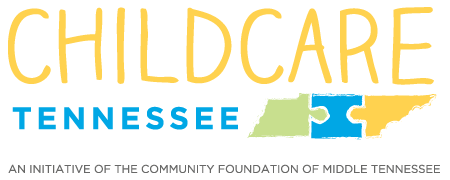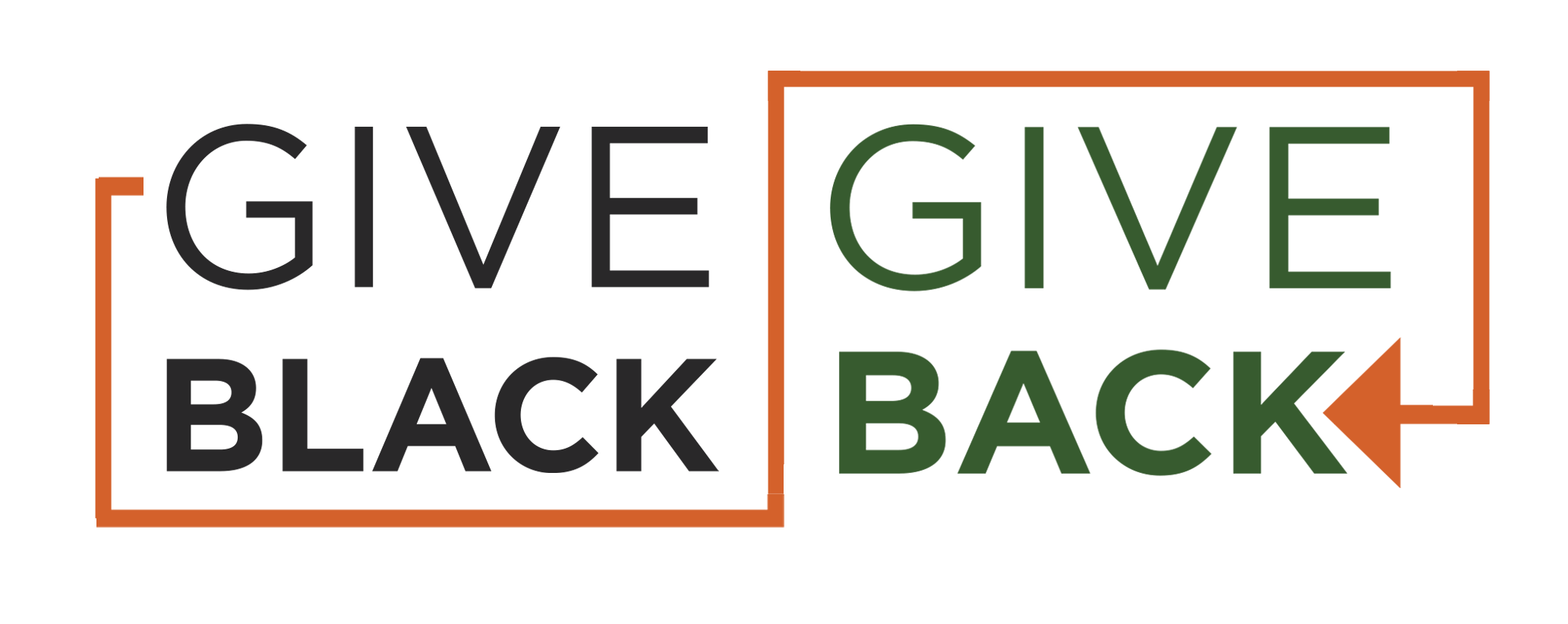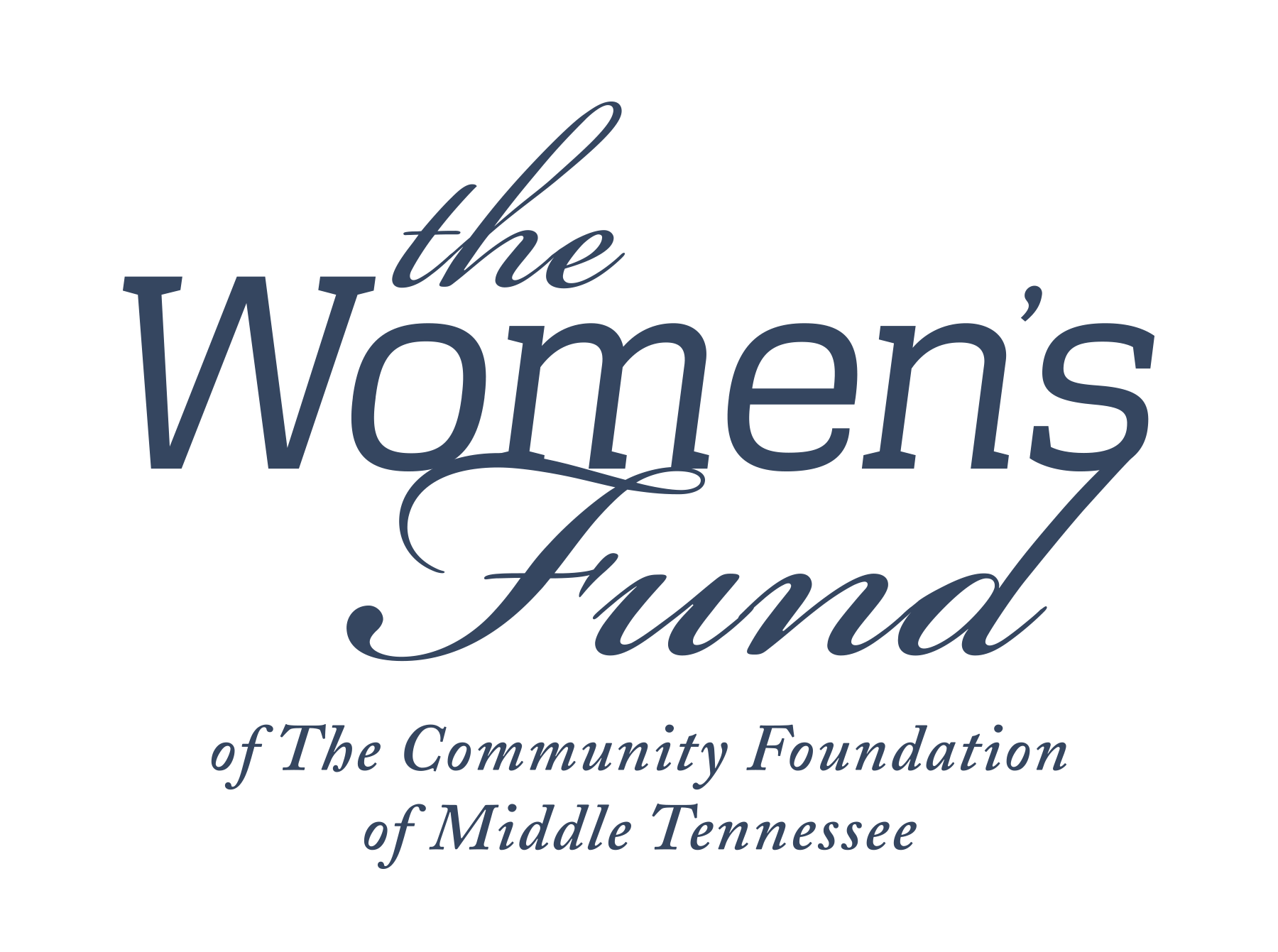Story by Indie Pereira for Nashville VOAD.
To support the VOAD Leadership Fund at CFMT visit: www.cfmt.org/nashvillevoad

Floodwaters, chronicled since biblical times, are the stuff of nightmares.
The waters rise, sometimes more quickly than you can even imagine, turning city streets into rivers, back yards into lakes.
The waters sometimes recede nearly as quickly. In their wake is damage that sometimes isn’t noticeable until you look behind the scenes, after the news reporters and camera crews have come and gone: the badly damaged foundations of homes and businesses, carpets mildewed beyond repair, heating and cooling units trashed, entire wardrobes ruined, priceless family photos and keepsakes gone forever.
The Middle Tennessee region’s March 2021 flood, centered in South Nashville but affecting other areas of the city and surrounding counties, seemed to be quickly forgotten, say many of the more than 40 organizations that respond to disasters as members of the Nashville Voluntary Organizations Active in Disaster (VOAD).
Call It The Invisible Disaster.
In a two-year period that has included catastrophic and deadly tornadoes and other high-wind events, floods, a worldwide pandemic, and a downtown Nashville bombing on Christmas morning in 2020, the March 2021 flood somehow didn’t strike a collective chord in what has been a reliably responsive base of volunteers and donations.
That has made recovery efforts problematic.
“The biggest challenge has been the limited funds raised for this disaster event, which was just more than $100,000,” said Amy Fair, Vice President of Donor Services at The Community Foundation of Middle Tennessee and secretary-treasurer for the Nashville VOAD.
“All of us believe there were two key factors: the invisibility of this disaster — not only nationally but locally — and the fatigue and financial challenges for donors following a year of charitable giving to help respond to the March 2020 tornado, COVID-19 pandemic, and December 2020 bombing,” Fair explained.
Although many survivors were able to recover on their own, Nashville VOAD member Disaster Recovery Connection — led by the Tennessee-Western Kentucky Conference of the United Methodist Church — has connected nearly 150 families with recovery needs with disaster case managers and made an additional 526 referrals to Nashville VOAD’s members with resources available to aid in survivor recovery.
With less than $700 per family in case management donated, flood donations alone couldn’t meet the need for rebuilding homes, relocating renters, replacing home contents and vehicles, and accessing counseling services for those who experienced trauma.
“It is only because of our ability to shift an initial excess $1.25 million in funds from the March 2020 tornado — with more expected as recovery continues — that we have been able to respond to this disaster,” Fair said.
Lori Shinton, chair of Nashville VOAD and CEO of the nonprofit Hands On Nashville (HON), which organizes volunteers, said, “Not only was it challenging to raise financial contributions after this particular disaster, it also was challenging to engage volunteers in our immediate cleanup efforts.
“Because of the quickly receding flood waters and damage residing inside homes and cars, there was a lack of citywide attention to the destruction these survivors were experiencing,” Shinton continued. “Following the March 2020 tornado, the damage was highly visible for months afterward, and there were press conferences nearly every day.”

The March 2021 Flood and Severe Storms, as it’s now known by VOAD, didn’t receive this same level of attention even though six people lost their lives and many more lost vehicles or had homes and the contents of their homes heavily damaged.
Meredith MacLeod Jaulin, executive director of the nonprofit Shower the People, a Nashville VOAD member organization with the mission of serving the city’s unhoused population, knows that this lack of attention didn’t mean this was a minor disaster for those affected.
“We failed this camp,” Jaulin remembers saying to herself one year ago as she surveyed the damage at a makeshift camp for unhoused people along the bank of Seven Mile Creek in South Nashville, near Nolensville Pike. “It was a helpless feeling.”
Two of the people who died in the flood were unhoused people living in a camp along the creek. Seven Mile Creek was at the center of the disaster, flooding many of the homes in the area and sweeping away people inside vehicles who were caught unaware as the waters rapidly rose.
Matt Anderson, Hands On Nashville’s Disaster Relief Construction Manager and chair for the March 2021 Flood Long-Term Recovery Group, said the waters receded nearly as quickly as they rose, and “especially due to the nature of a flash flood, there were a lack of photos.”
Such is the nature of floods.
Christy Smith, who works with the United Methodist Committee on Relief (UMCOR) and Disaster Recovery Connection, says floods are typically silent disasters.
“This one certainly was,” Smith explained of the March 2021 flood, “quickly forgotten and presumed a non-issue by the watching community. The devastation that lies behind a house’s exterior — invisible once the water recedes — is crippling.”
“We had 35,000 volunteers after the tornado,” Hands On Nashville’s Anderson said, looking back at the March 2020 tornado in Nashville.
Hands On Nashville even had waitlists for the many volunteers who wanted to help with the Christmas Day Bombing that December, as well as during the onset of the COVID-19 pandemic. But few volunteers have turned out for the March 2021 Flood and Severe Storm recovery over the past year, according to Anderson who, before his role as Construction Manager, led volunteer efforts.

Flood Survivor Demographic Shaped Response
Responders to the March 2021 flood found that the demographics at the center of the flooded area were different from previous disasters, prompting them to connect more with organizations that already serve those demographics.
“In the case of this disaster, we had to lean on organizations that have specific language resources and trusted relationships with the communities affected, particularly in our diverse South Nashville corridor, including Spanish and Kurdish speaking residents and our unhoused neighbors,” explained The Community Foundation’s Fair.
“We reached out to leaders in the Hispanic community,” Hands On Nashville’s Shinton said, and the organization found the community “was afraid to reach out” for help.
She knew from previous disasters that she and her colleagues had to work with organizations already on the ground and trusted by the community. She connected with organizations such as the Hispanic Family Foundation, whose offices are housed at Plaza Mariachi on Nolensville Pike near Seven Mile Creek, and had interpreters in place by the time FEMA (Federal Emergency Management Agency) came to Nashville to assist survivors.
Westminster Home Connection, a nonprofit organization that was formed as a construction agency to rebuild homes after the May 2010 Floods in Nashville, had just spent the previous year rebuilding homes for March 2020 tornado survivors when the 2021 flood hit.
Construction is “not normally in our wheelhouse,” Shinton explained, but Westminster was ready to scale back on disaster response. HON employee Anderson, who was originally brought on board during a year of service with AmeriCorps, was eager to take on construction for last year’s flood.
“If it weren’t for Matt [Anderson], we wouldn’t have been able to take this on,” Shinton said.

Survivors are not only our neighbors, but oftentimes our friends and colleagues
Because VOAD community partners live in Nashville neighborhoods, they also are sometimes affected by disasters. “Our lead incident commander — her house flooded, so Matt stepped up,” Shinton said.
The experience of the floods after so many other disasters has prompted responders from VOAD organizations to be even more prepared.
Shower the People’s Jaulin says people still live in the camp along Seven Mile Creek, where the lives of her unhoused friends Fred Richards and Melissa Conquest were lost.
“We have become very weather-aware as an organization, she said. “I now keep tents and sleeping bags at the house, so they are easy to distribute.”
Jaulin is more insistent when the creek is threatening to crest again — as it did just a few weeks ago — about waking up residents of the unhoused camp and evacuating people.
Disaster Case Manager Steve Venick at the Disaster Recovery Connection does the same, checking in on survivors when waters rise.
Hands On Nashville’s Anderson also stresses preparedness.
“Your homes can be rebuilt,” he said, “but you can’t get your people back.”
In need of assistance?
If you or a loved one are still in need of local assistance to recover from the March 2021 Flood and Severe Storms, the Disaster Recovery Connection is available to help you connect with resources.
Call (615) 270-9255. Translation services are available.
Story by Indie Pereira
About Nashville VOAD
Nashville VOAD is a coalition of dozens of nonprofits, community organizations, faith-based institutions, and government departments working to ensure effective response to disasters through cooperation, communication, coordination, and collaboration. Nashville VOAD’s goal is to provide knowledge and resources throughout the disaster cycle—preparation, mitigation, response, and recovery—to help disaster survivors in Davidson County communities.
During times of active disaster, the Nashville VOAD provides a single point of coordination for all member organizations seeking to assist survivors in our community so that needs are met in the most efficient manner possible.






